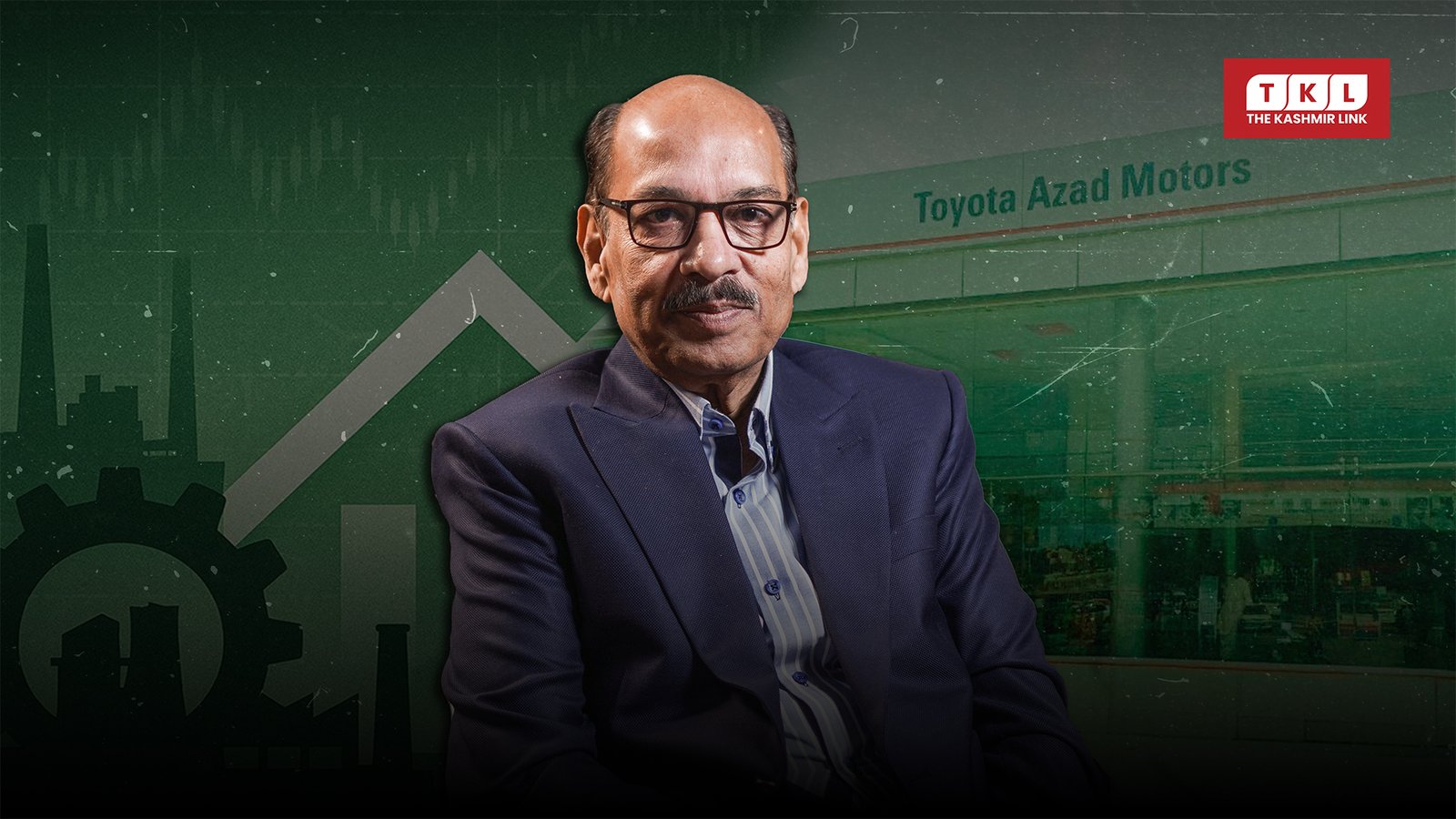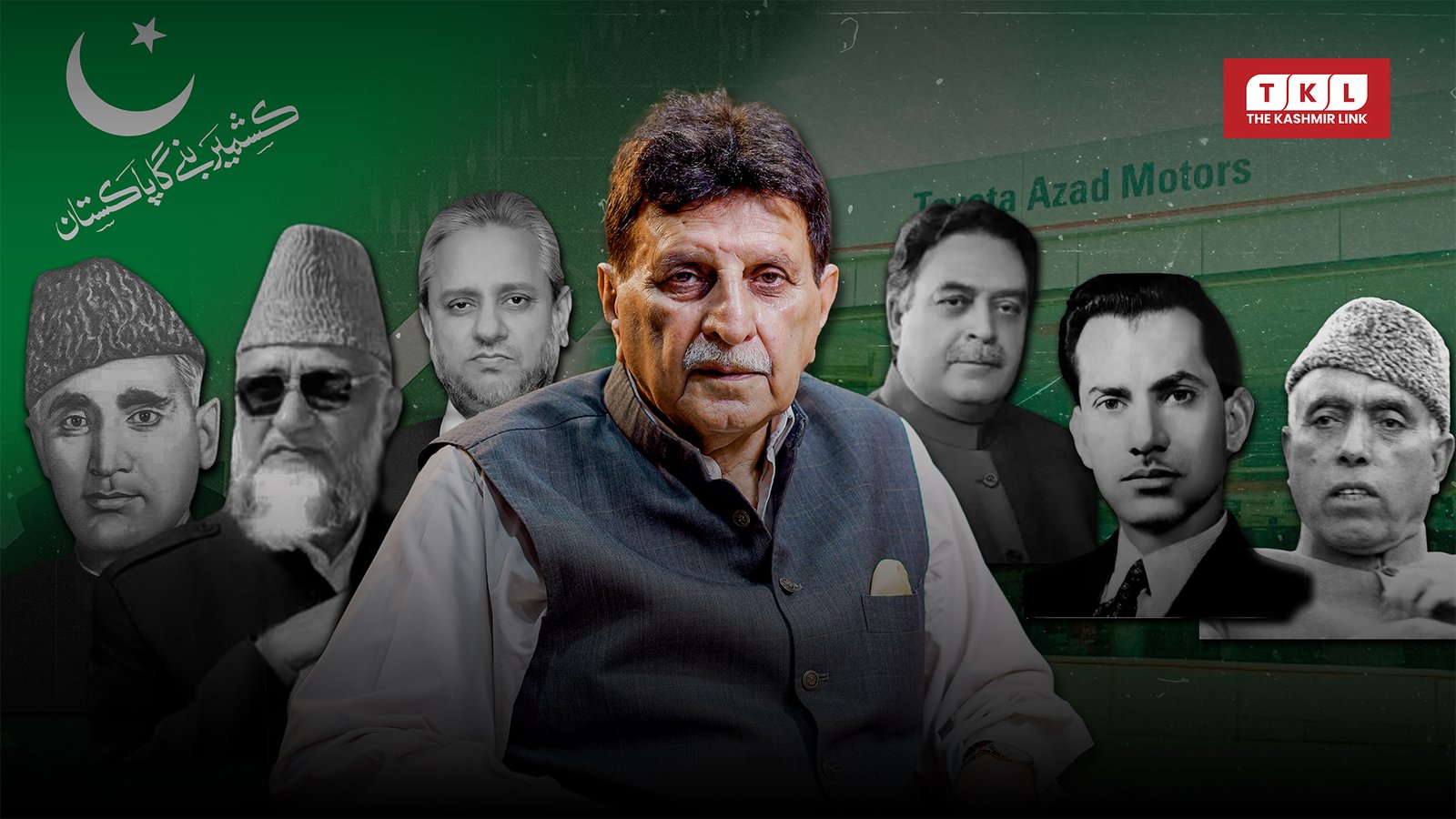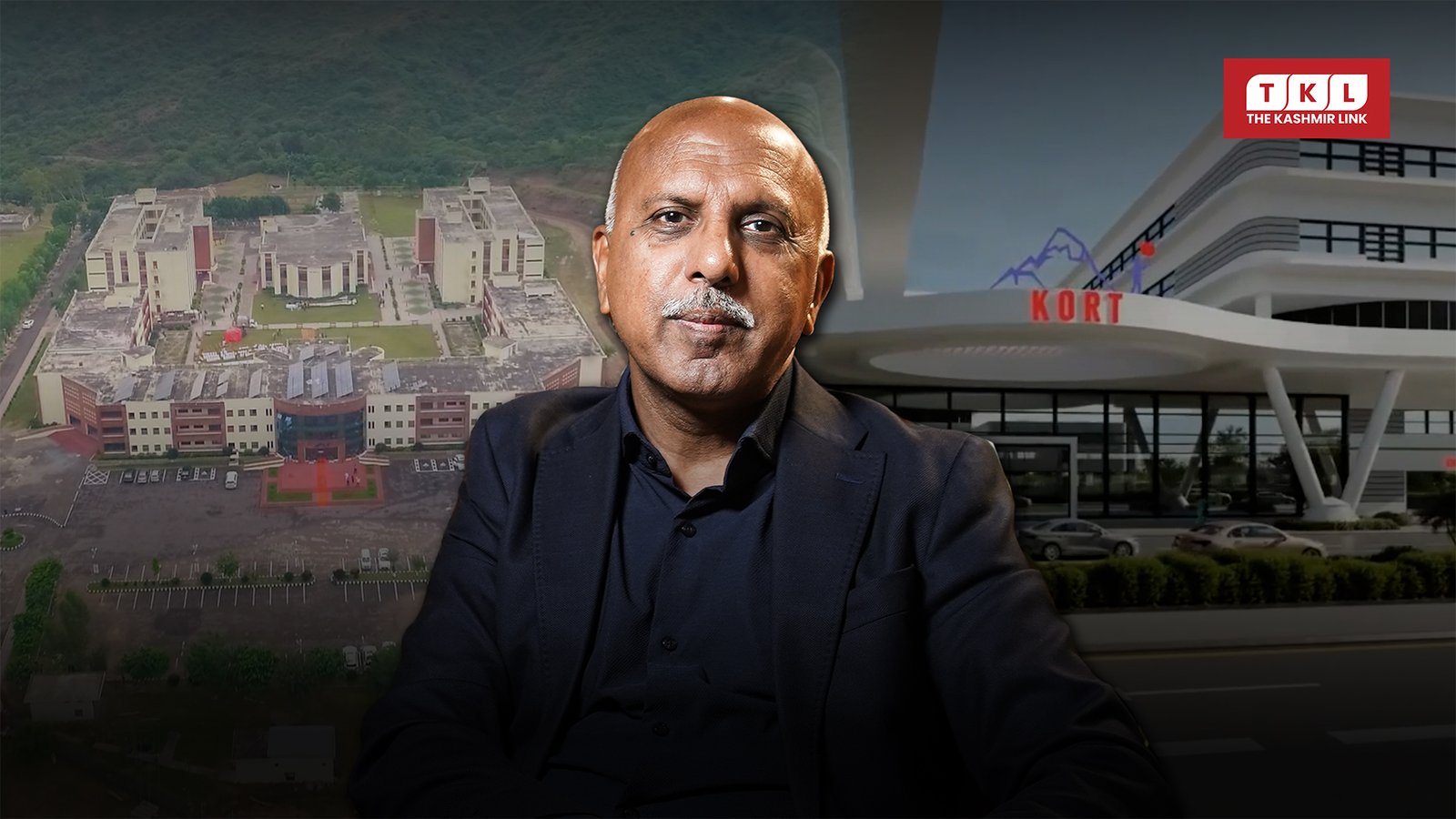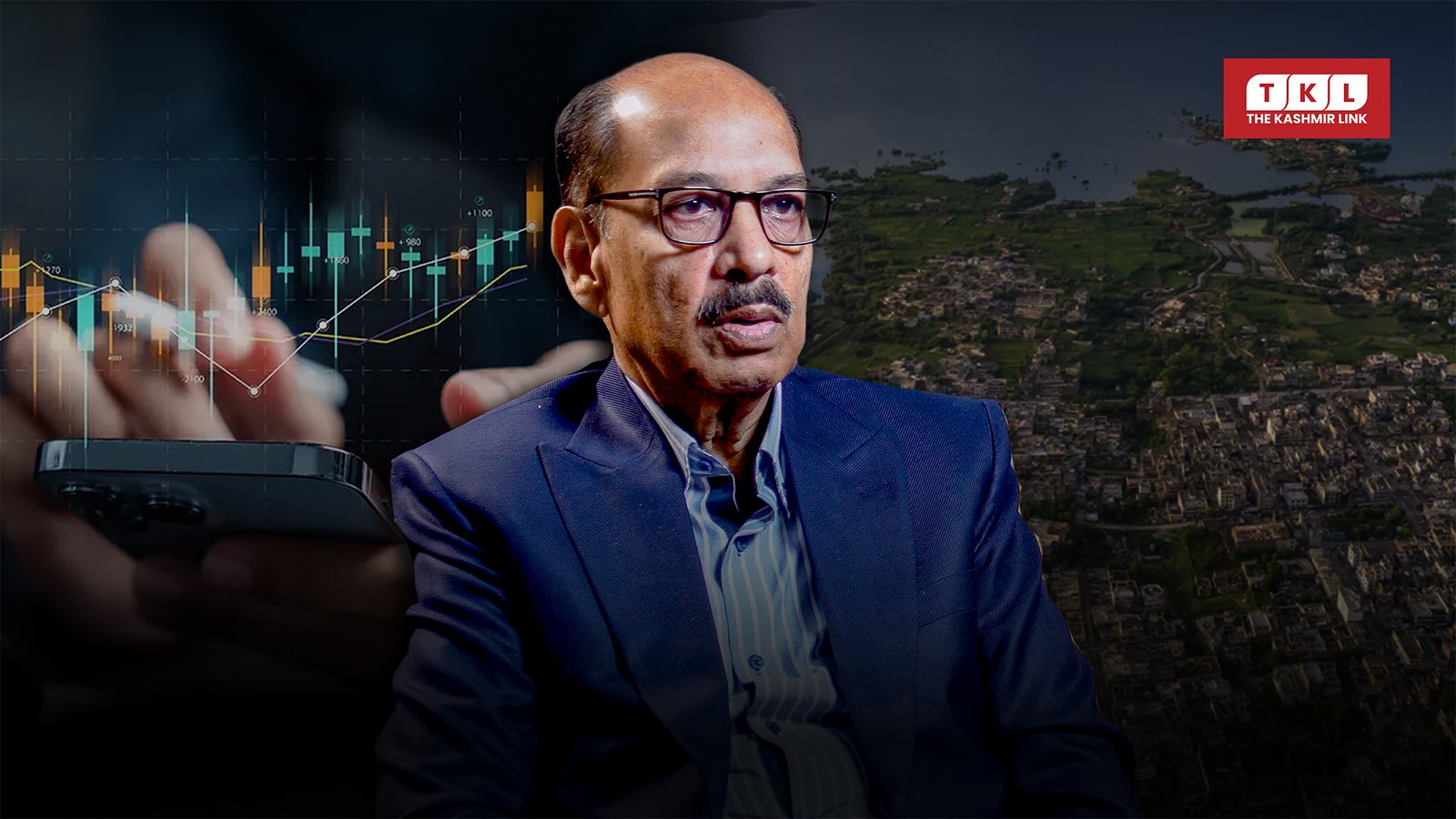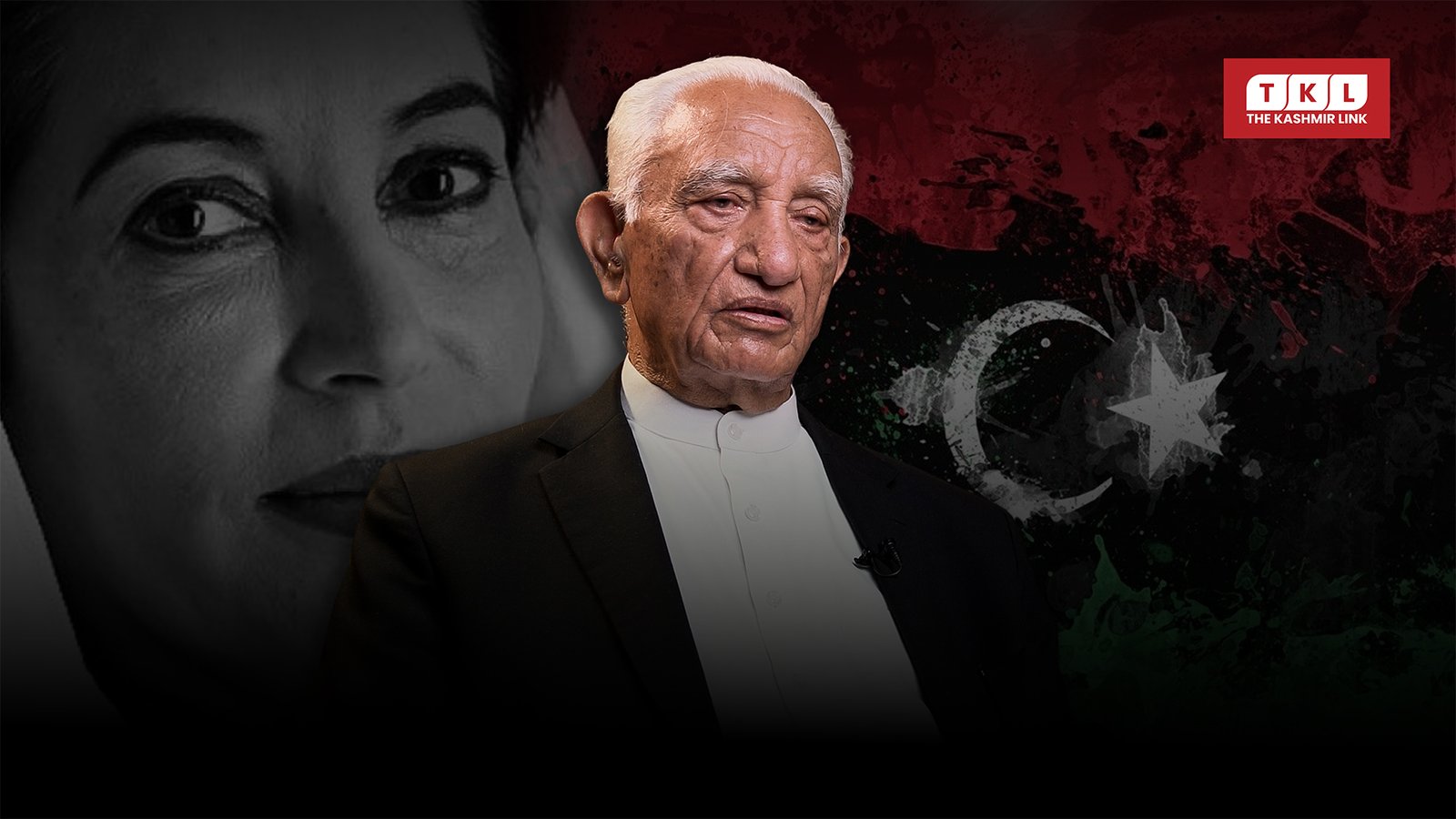The Kashmir Issue: A Diplomat’s Perspective
By Masood Khan | Former Ambassador of Pakistan
As told to The Kashmir Link
Over the years, I’ve witnessed countless proposals aimed at resolving the Kashmir issue. One concept that’s often resurfaced is the so-called “out-of-the-box solution”—an approach I have consistently opposed, whether in public addresses or private deliberations. Among these, the much-hyped “four-point formula” stands out. Stripped of its diplomatic packaging, the formula essentially proposes freezing the status quo by turning the Line of Control into a permanent international border. That, in my view, is not a solution. It’s a surrender.
India’s intentions are transparent. Its political machinery, regardless of who is in power, remains firm on preserving what it terms its “sovereign boundaries.” Even when indirect messages are conveyed—suggesting we retain Azad Kashmir and let them keep Indian-occupied Kashmir—it’s clear that the Kashmiri people themselves are never truly consulted.
Kashmiris must be heard—not in Delhi, Islamabad, or Geneva alone, but primarily in Srinagar and Muzaffarabad. The right to self-determination, recognized by the United Nations, is not a courtesy—it’s a commitment. Decisions about Kashmir must include Kashmiri voices at every step.
Azad Kashmir, while possessing its own governance structure, judiciary, and legislative assembly, still lacks international representation. Unlike Palestine, which holds observer status at the UN, Azad Kashmir remains diplomatically invisible. I’ve long argued for increasing its international presence. As an ambassador, whether in Geneva or New York, I ensured that delegations from Azad Kashmir—journalists, lawmakers, civil society, and women—were included to share their narratives at human rights forums and OIC meetings.
But this is not just about Azad Kashmir. Leaders from Indian-occupied Kashmir—such as the late Syed Ali Shah Geelani and Mirwaiz Umar Farooq—must also be part of the global dialogue. The tragedy is that India’s clampdown has silenced them, denying them passports and barring international travel. Their absence on the world stage has cost the movement dearly.
In Azad Kashmir, I often say: our hands are free, our tongues are free, and our paths are not blocked. Unlike our brothers and sisters in the occupied region, we are not imprisoned in our own land. So we must lead the charge, not through complaints but through conviction and unity. Before we reach out to the world, we must build solidarity within Pakistan and among ourselves. That’s where the foundation of an effective struggle lies.
I remember vividly when India revoked Articles 370 and 35A in August 2019. I was in Gilgit when I saw the announcement on TV—an outright declaration of another military operation. The next day, I sat in a joint session of Pakistan’s National Assembly. The outrage was palpable. Pakistan responded strongly: trade suspended, diplomatic ties downgraded, and intense global focus on Kashmir followed. For the first time in decades, Kashmir became the centerpiece of international discourse.
Yet, could we have responded militarily? That’s a question many still ask. I believe it’s for the historians and strategic analysts to judge whether we had the capability—or whether such a move would have reversed India’s decisions. But one thing is certain: Pakistan entered a phase of political instability soon after, and sadly, voices of dissent even began to echo within our own borders.
Still, despite geopolitical fatigue, the fundamental truth remains unchanged: the freedom of Kashmir is a legal and moral right that no government can erase. If India were truly confident in its actions, why has it stationed nearly 900,000 troops in the valley?
China, too, has traditionally exercised restraint in such matters, given its own territorial sensitivities. But after August 2019, China took a historic step by raising the Kashmir issue twice at the UN Security Council. This was not merely symbolic; it signaled to the world that Kashmir is not an internal Indian matter—it is an unresolved international dispute.
While China offered support, Western powers—particularly the U.S., U.K., and France—were reluctant. In private meetings, they often showed sympathy but rarely acted. Nevertheless, during my tenure in Washington, we worked tirelessly to reshape the U.S.-Pakistan relationship post-Afghanistan. We found common ground in trade, climate action, and counterterrorism. But on Kashmir, we had to fight for every inch of attention.
President Trump once claimed that Narendra Modi asked him to mediate the Kashmir dispute. India flatly denied it. Despite his repeated offers, mediation never materialized—largely because India, now a close U.S. ally, would never agree to third-party involvement. Global diplomacy, unfortunately, still dances to the tune of realpolitik.
Today, the world first looks to Gaza and other hotspots before turning its gaze toward Kashmir. But we must not relent. From 1947 to the early ’50s, and especially over the past four decades, the world has heard our cries. Major news outlets, human rights forums, and parliaments have debated the issue. We must continue to amplify those voices.
The decolonization wave that swept through the 20th century has long since faded. Since the 1970s, the global appetite for enforcing the right to self-determination has diminished. But that doesn’t mean we surrender.
The Kashmir dispute is bilateral, trilateral, and multilateral. It is bilateral under the terms of partition; trilateral because it was taken to the UN; and multilateral due to the series of resolutions passed since then. Unfortunately, Pandit Nehru and Sheikh Abdullah’s choices at critical junctures derailed any meaningful resolution. India reneged on its commitments, and its governments have continued to do so.
Still, the movement for Kashmir’s freedom is not just alive—it is resilient.
Whether in the halls of Congress, the streets of London, or the heart of Muzaffarabad, Kashmiris and their allies will continue to raise their voices. We are not asking for favors; we are demanding what is ours by right. The world may be distracted today, but justice, even when delayed, must eventually be served.

